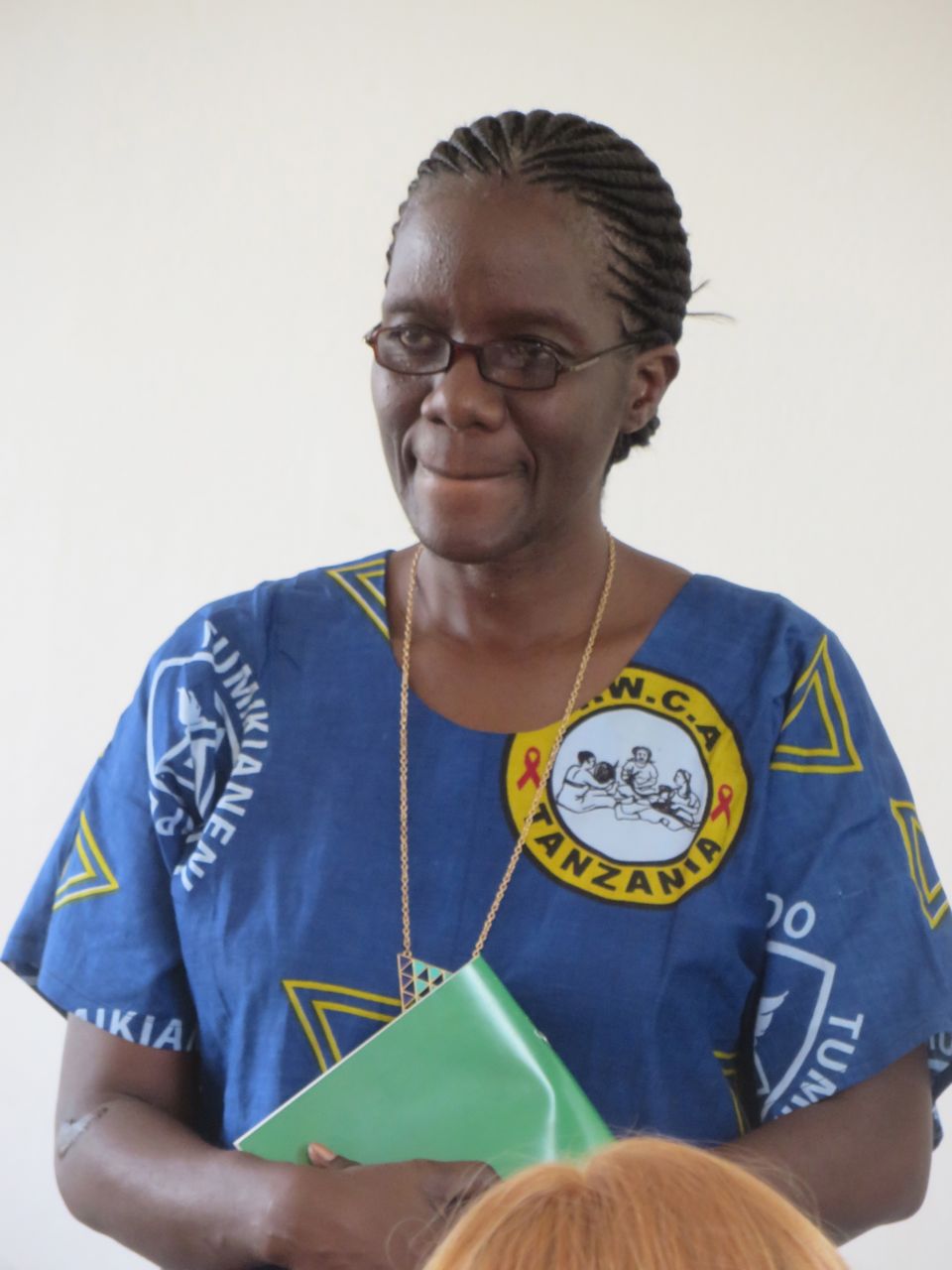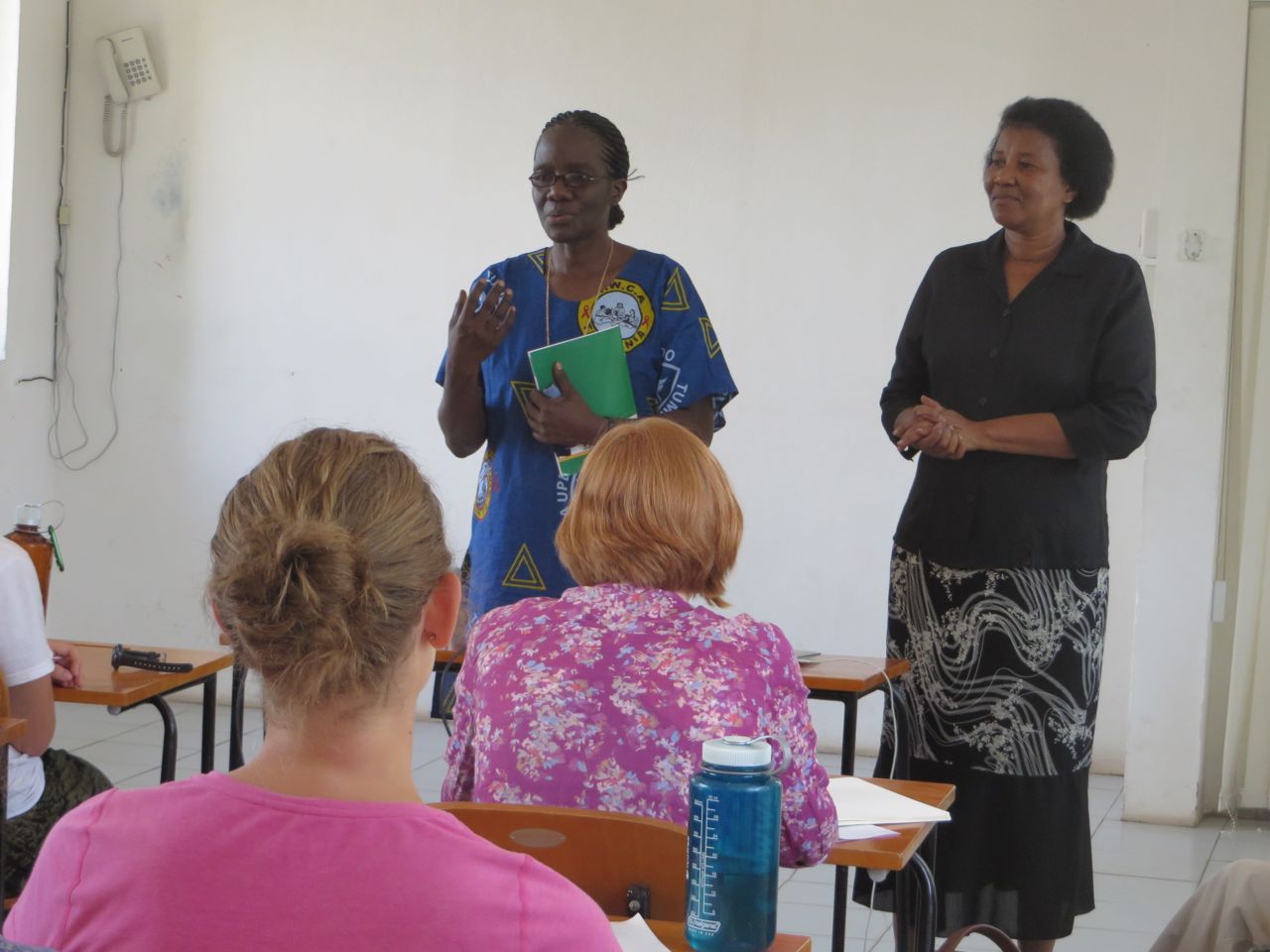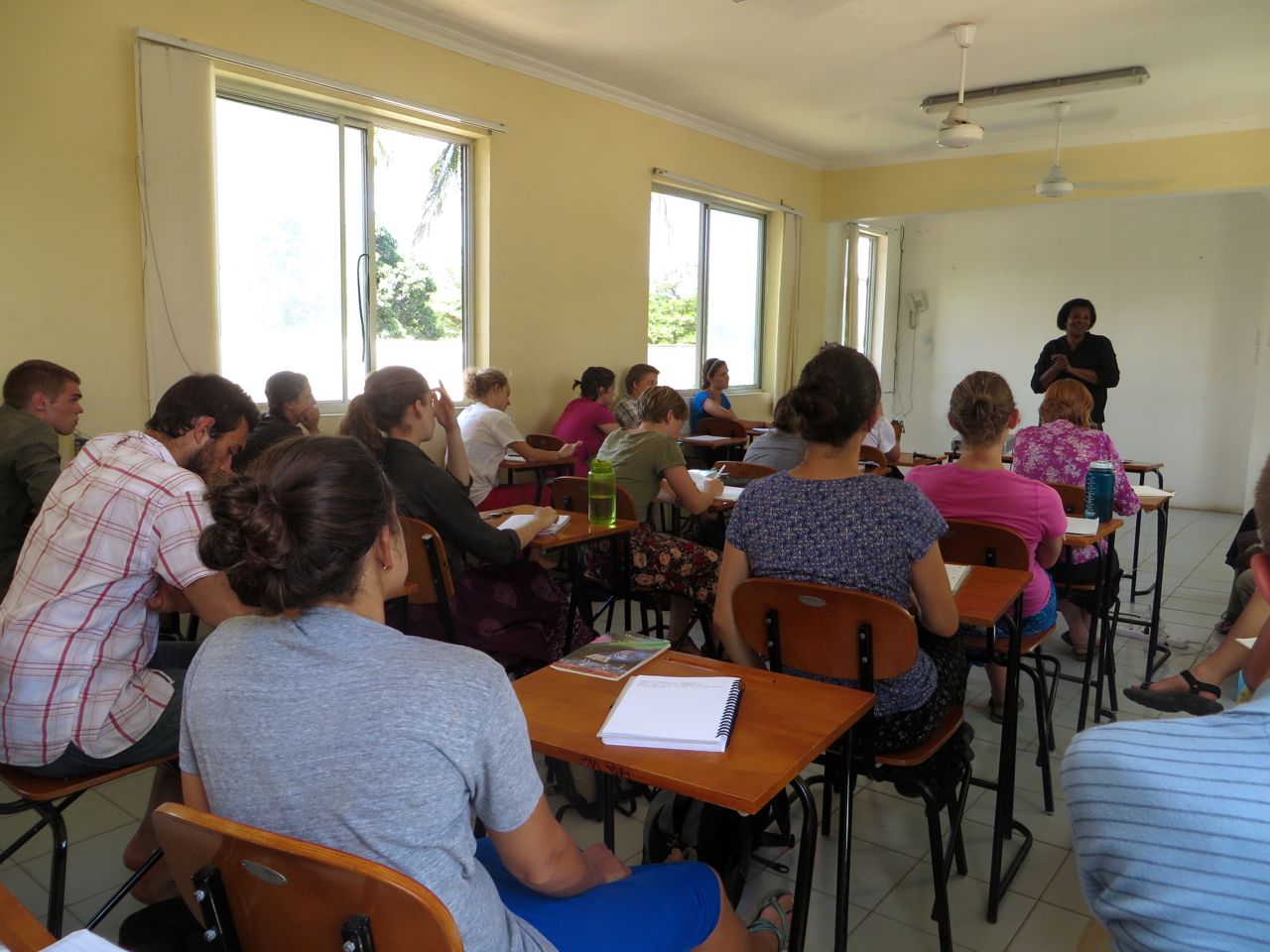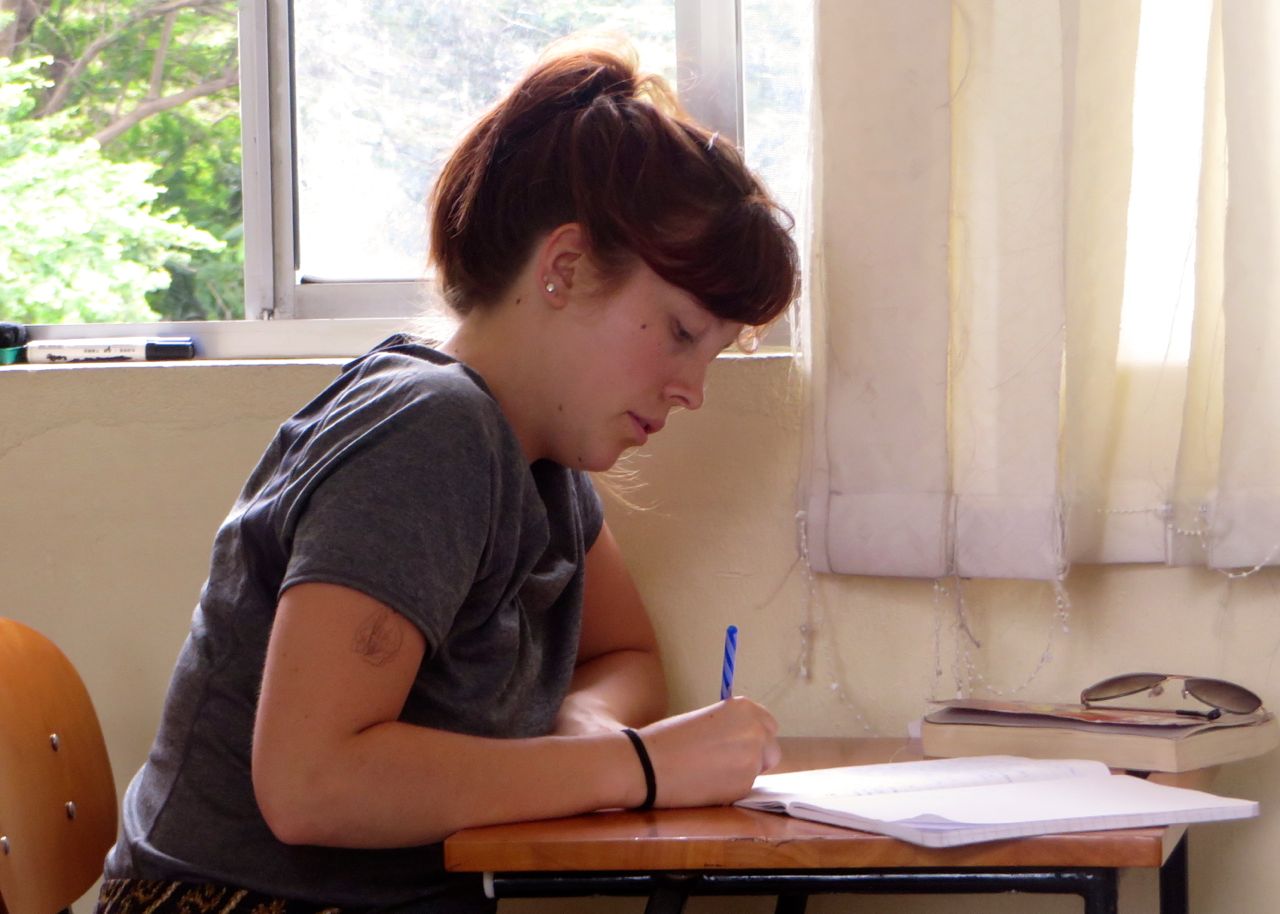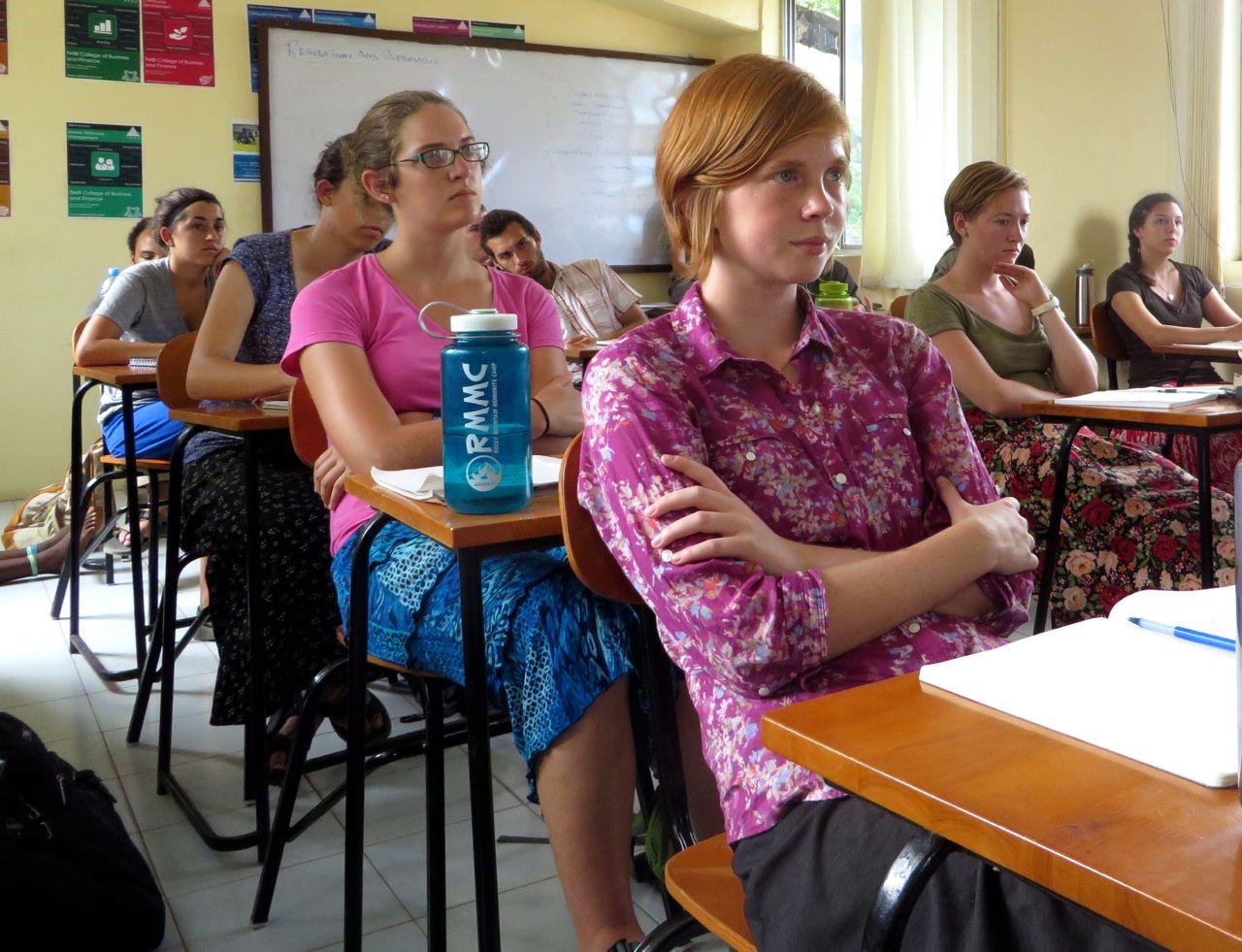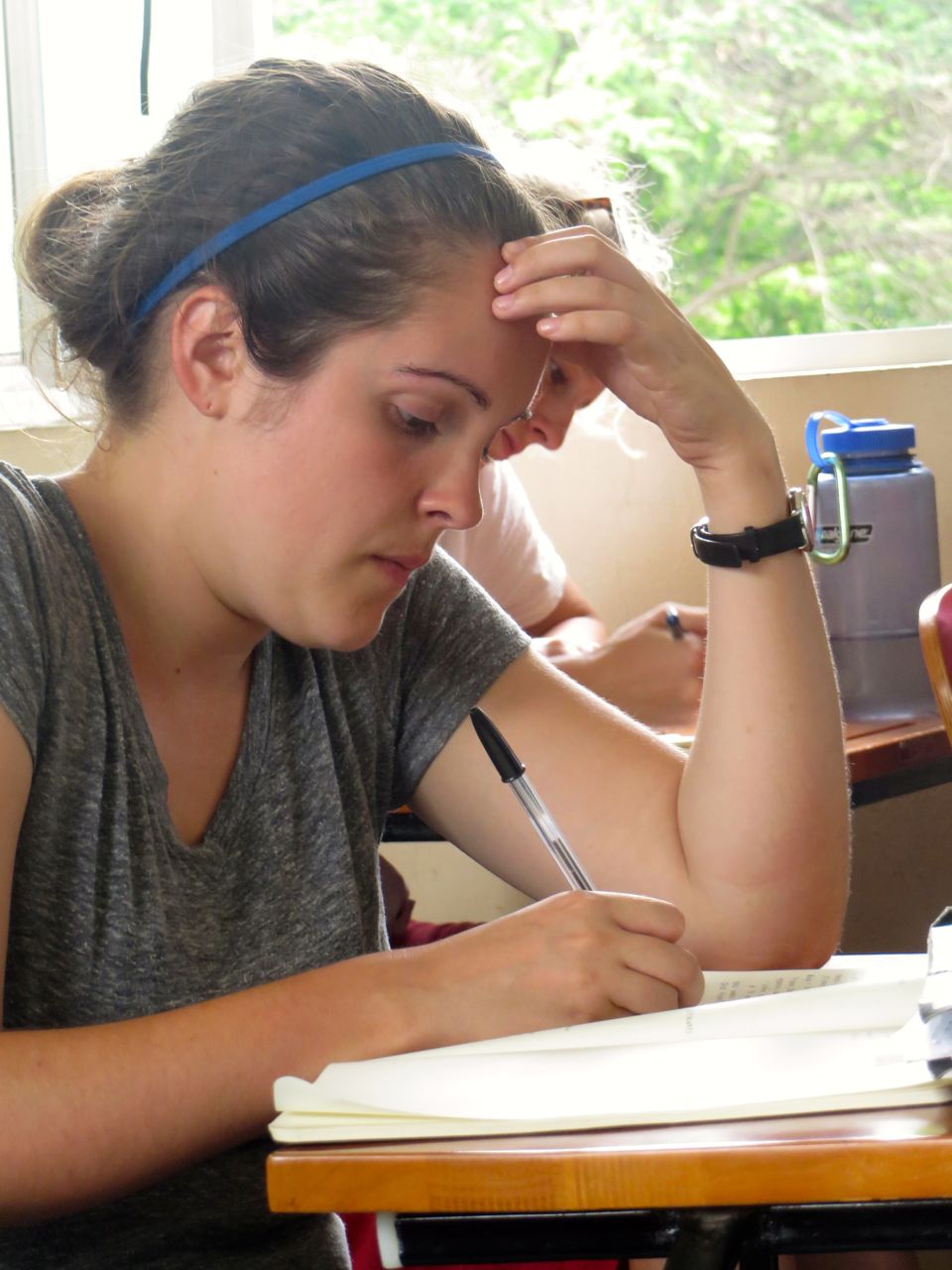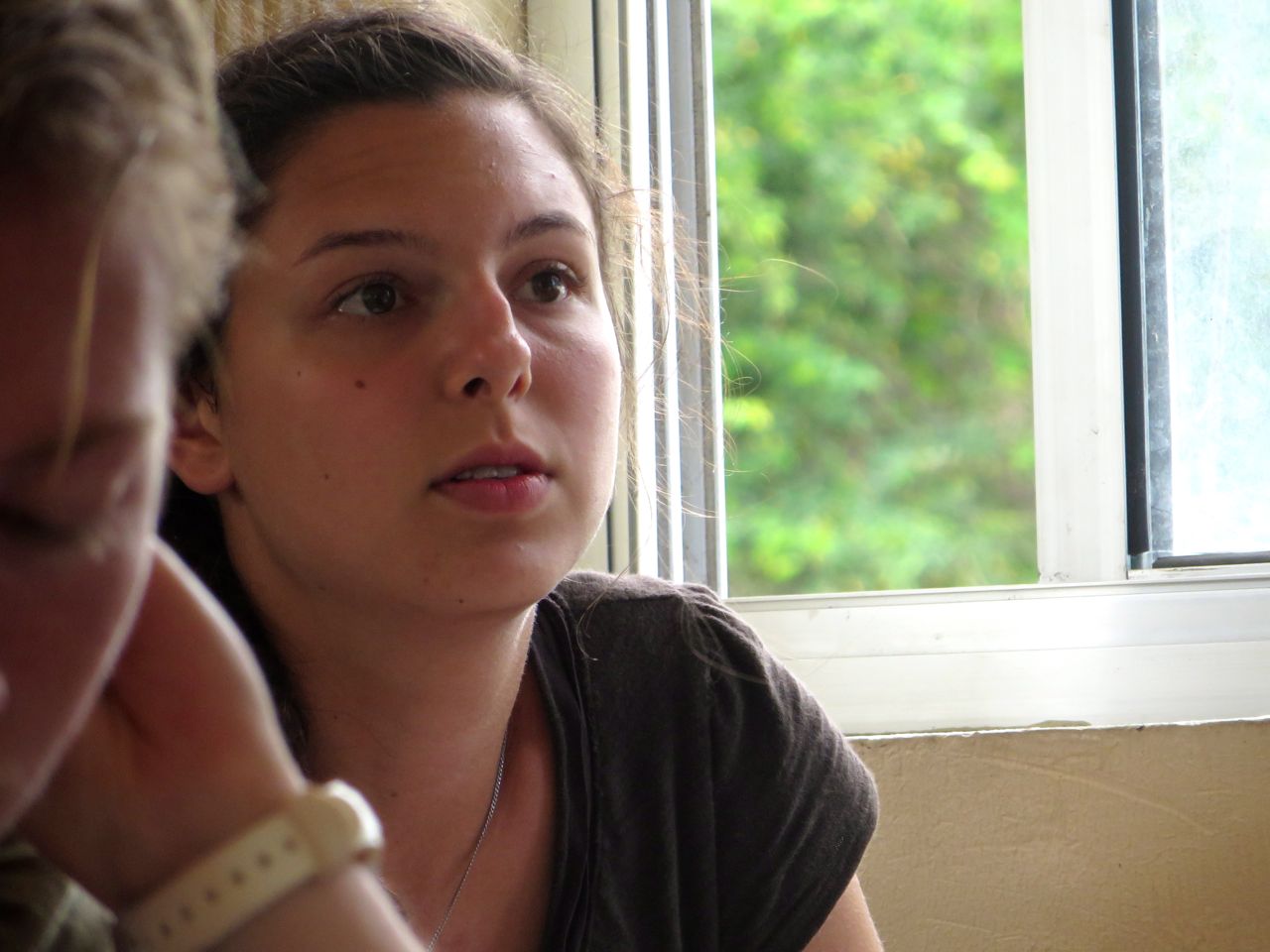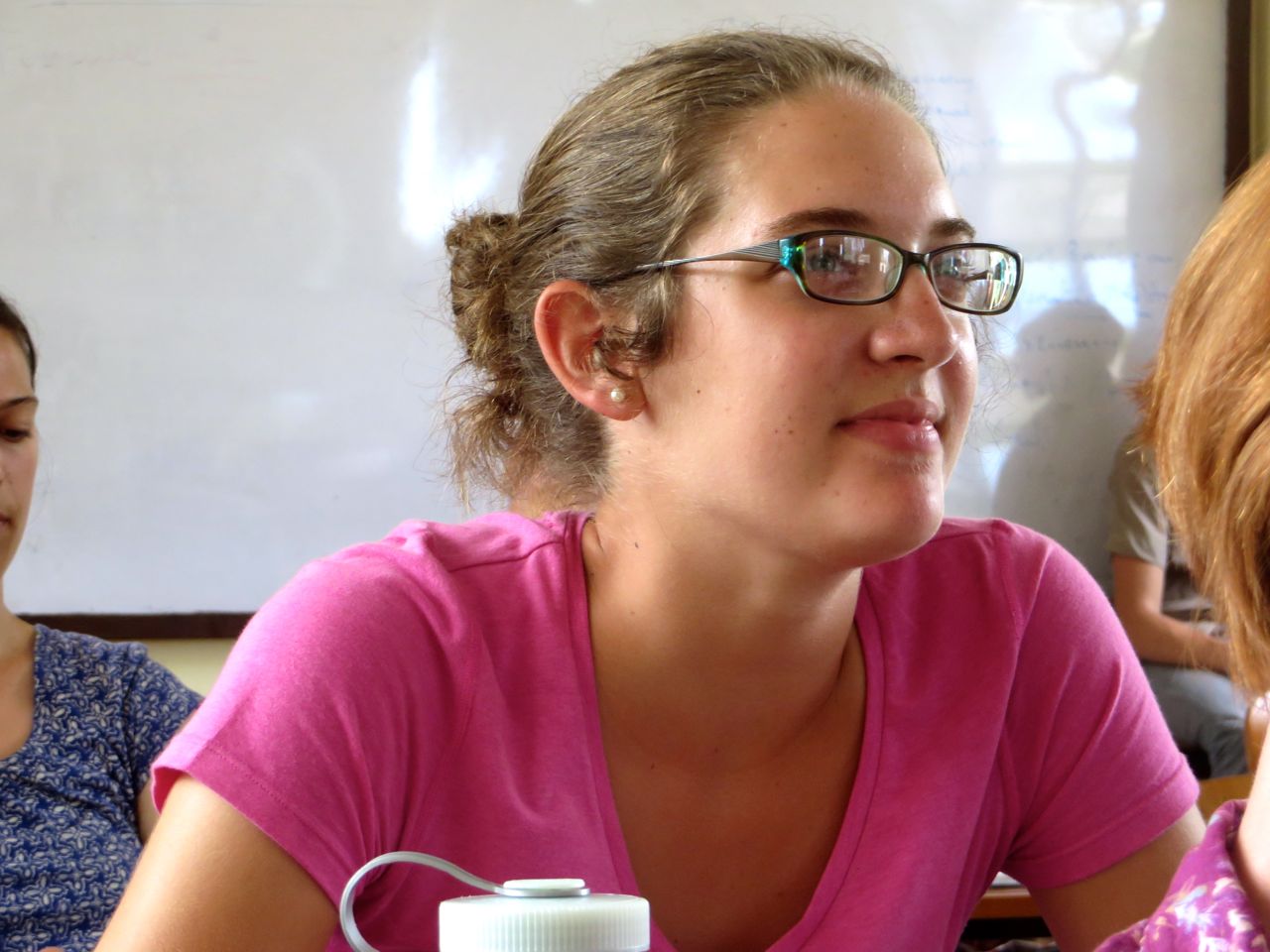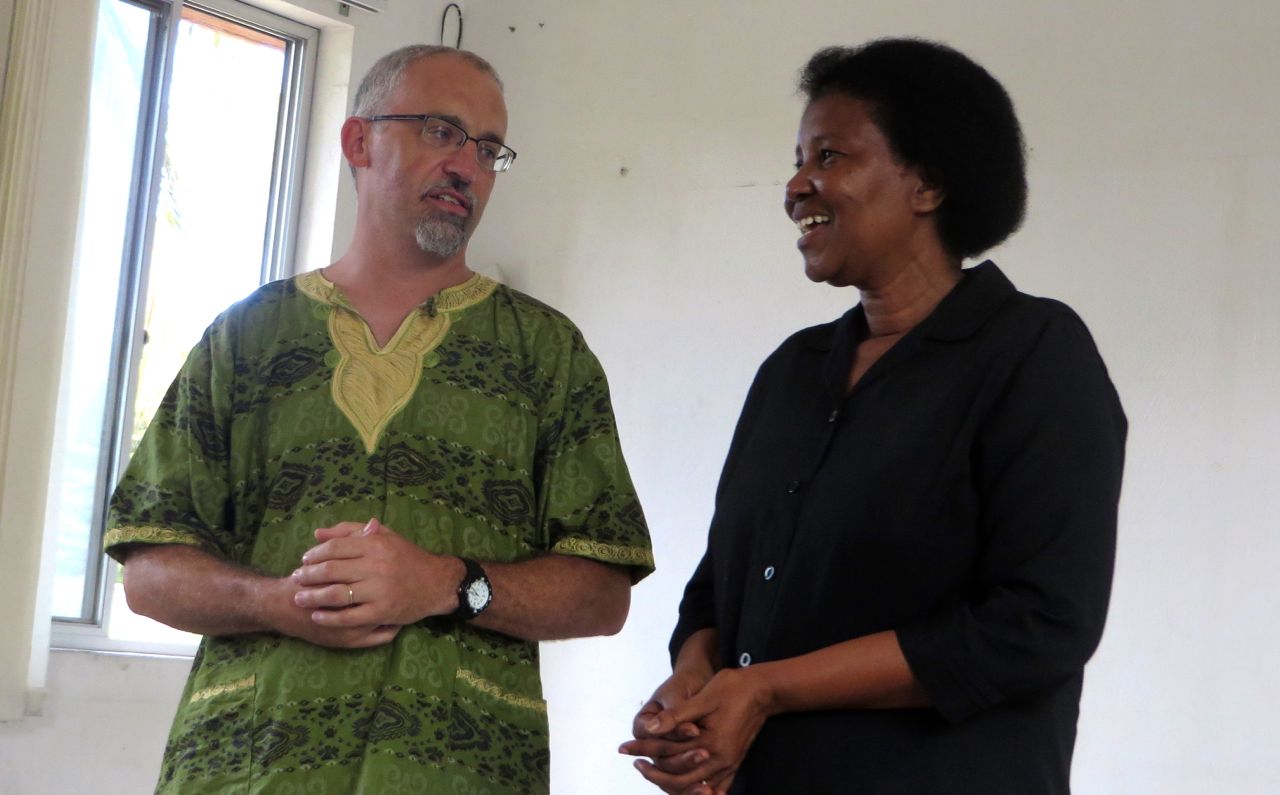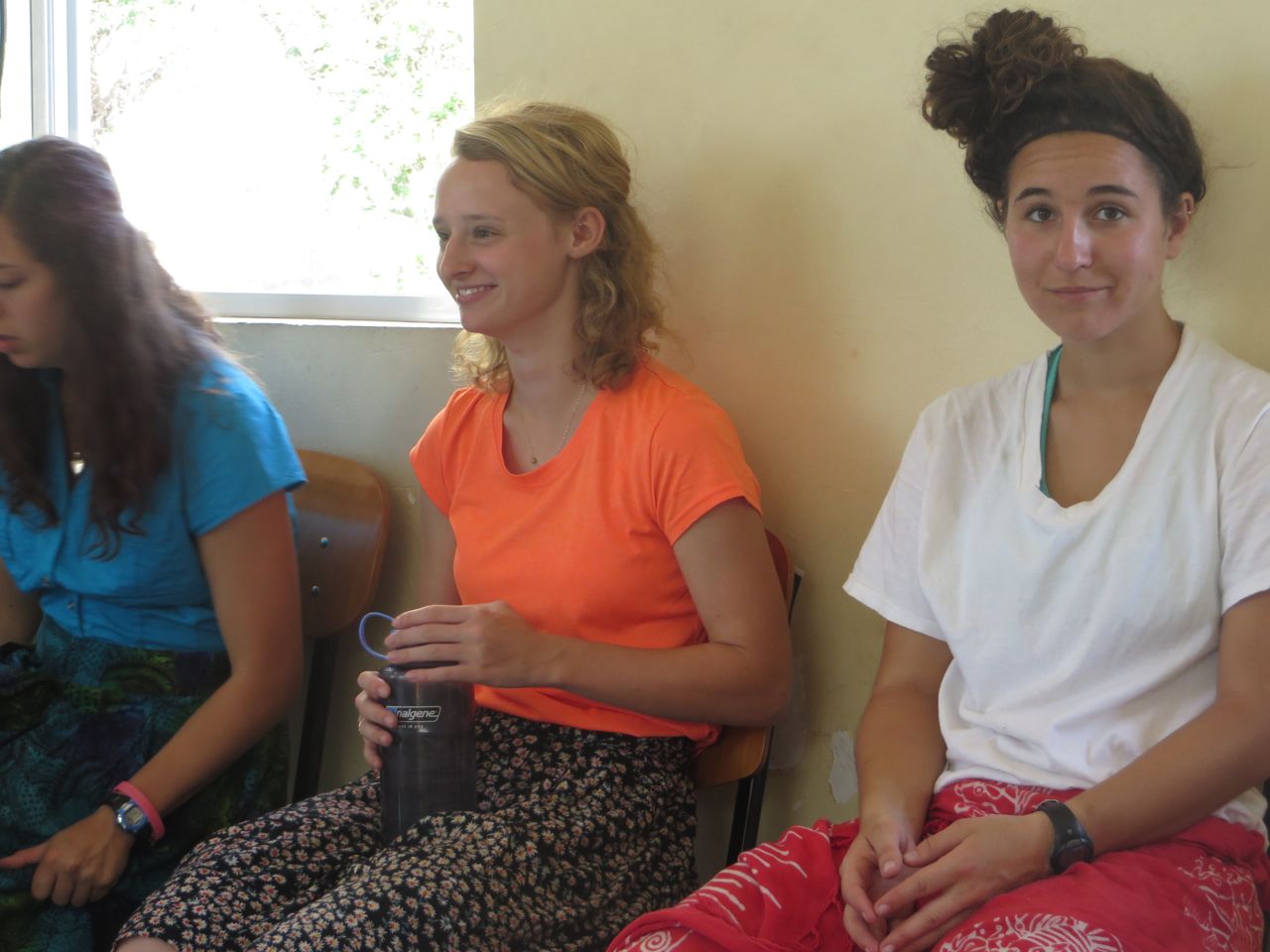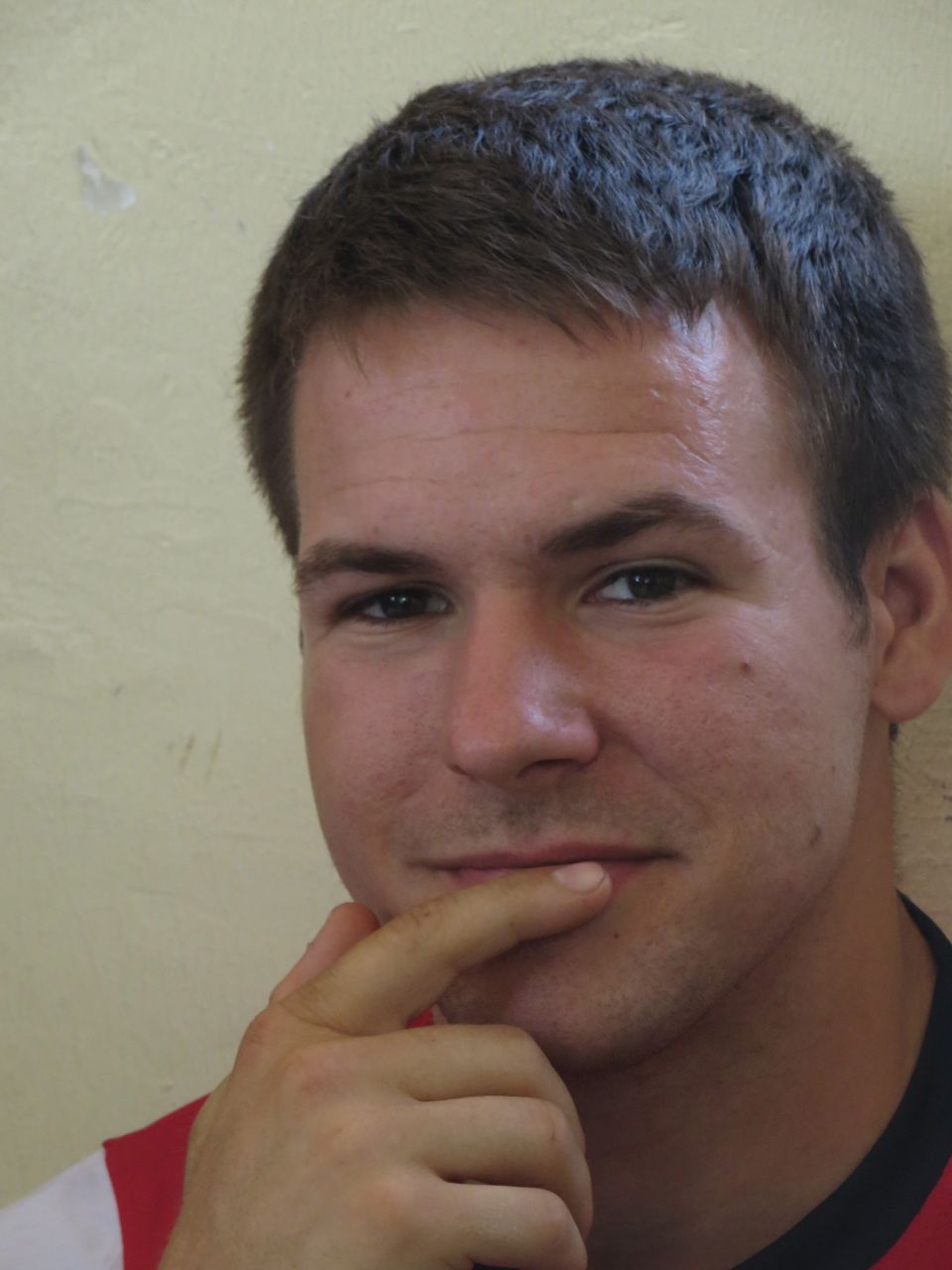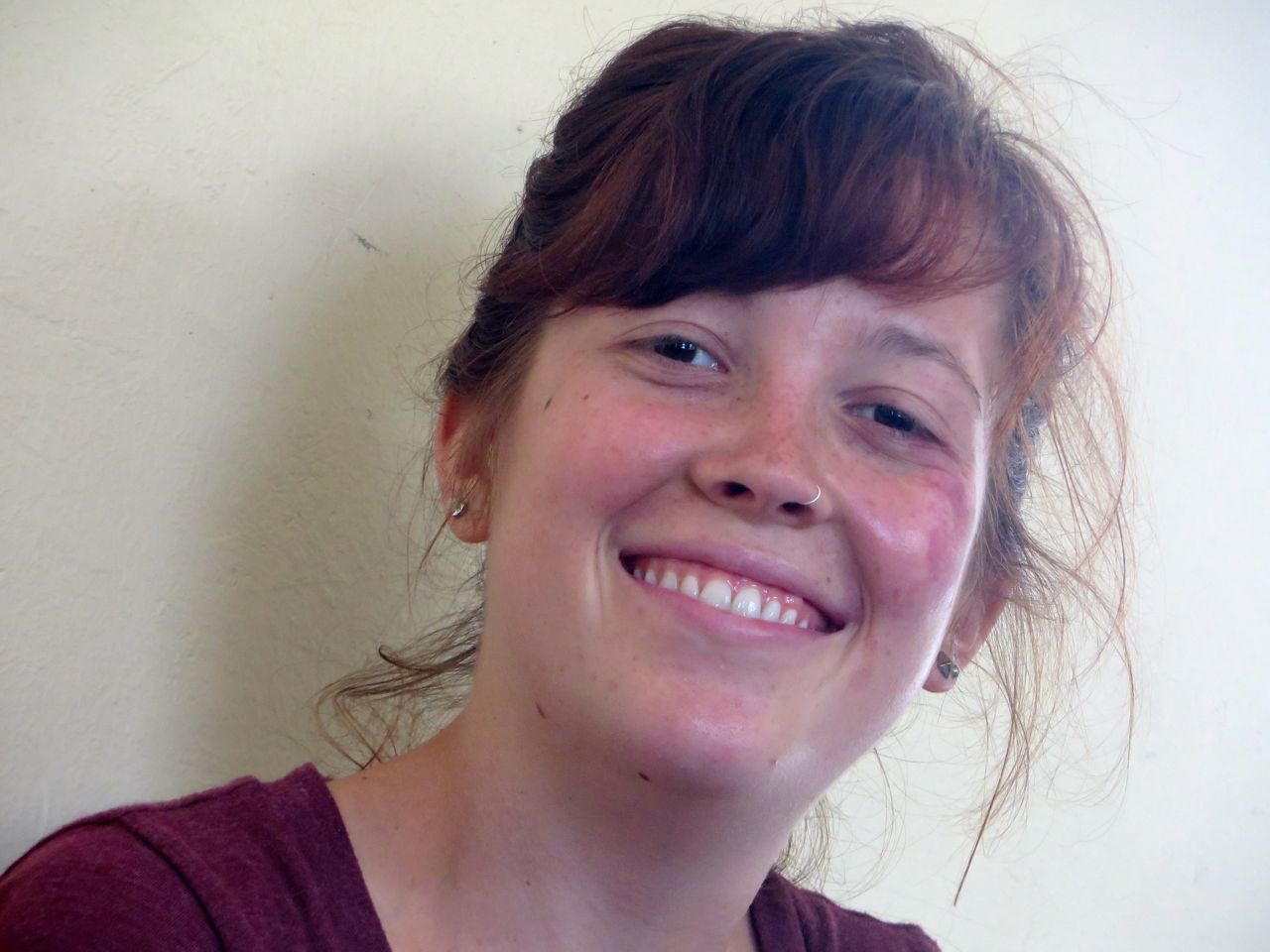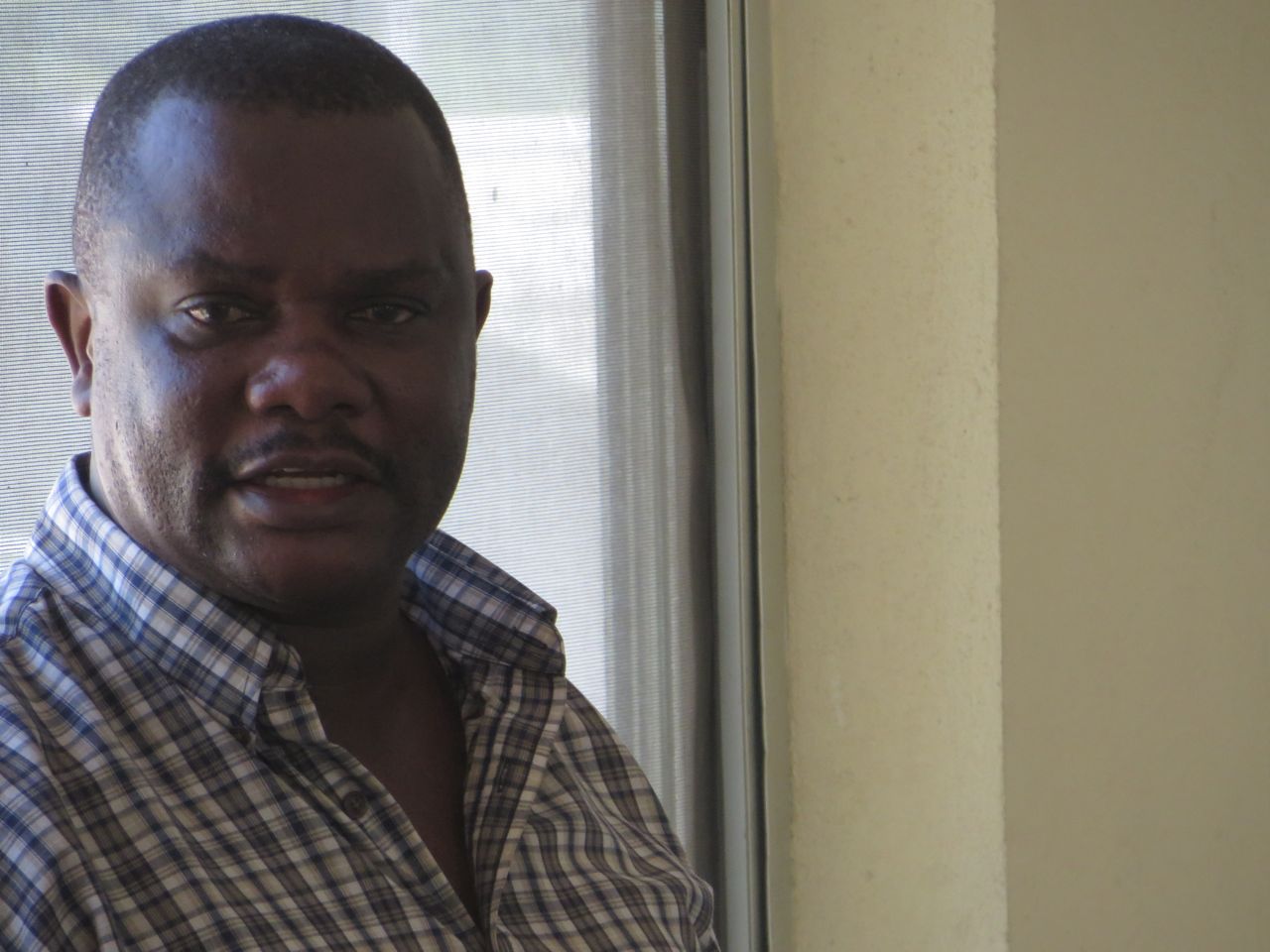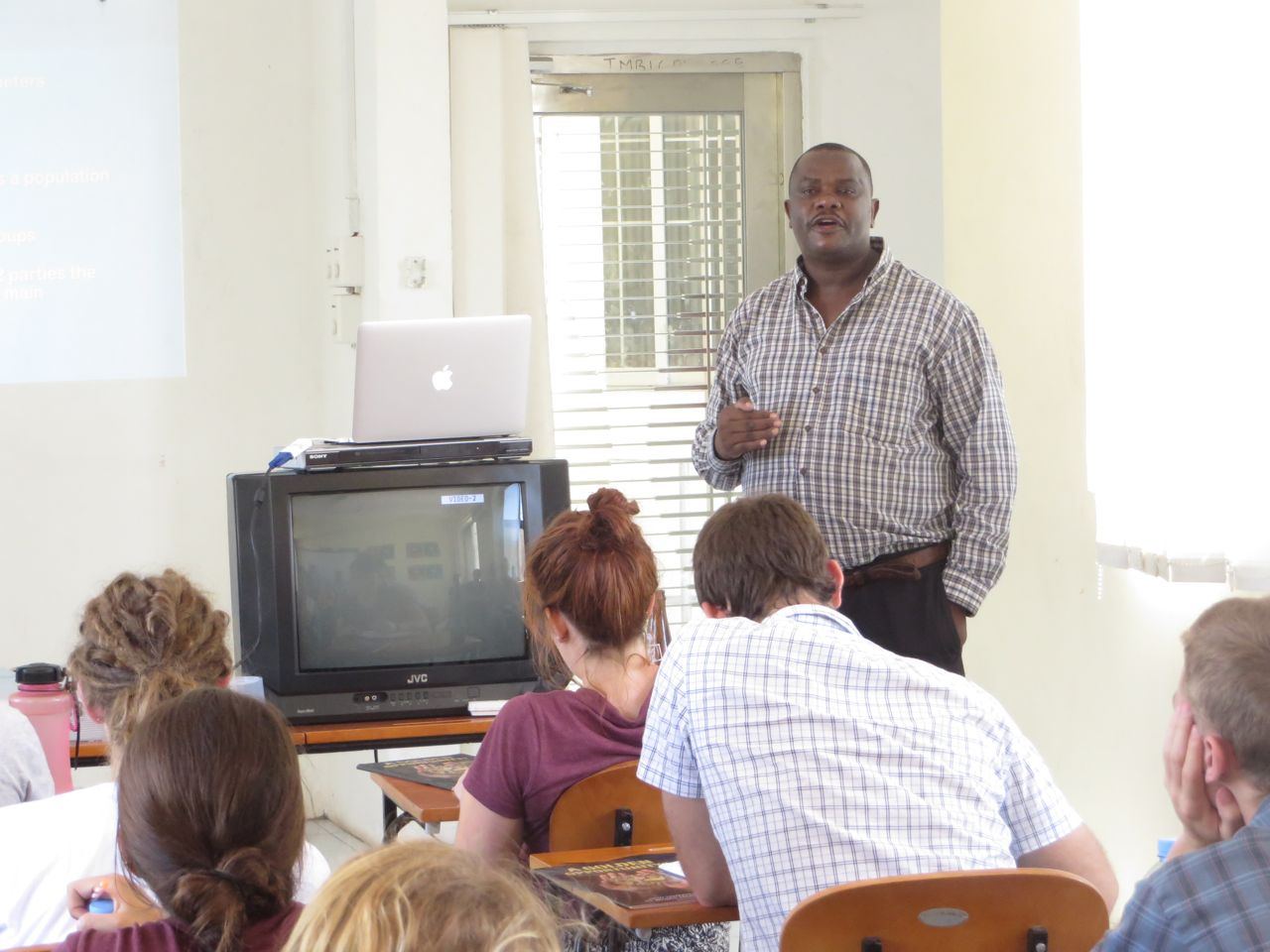Health, Gender, Environmental Justice
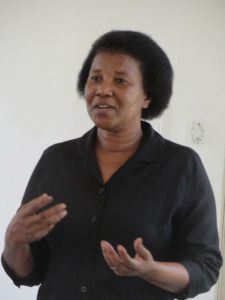
This week we have been dealing with some pretty weighty issues as we explore the opportunities and challenges facing Tanzanians post-independence. On Thursday we heard from two Lutheran pastors, both women, on their work in promoting gender equity. Pastor Itiku (YWCA) and Pastor Blandina (Lutheran church) gave a poignant presentation of the challenges facing girls and women in some Tanzanian communities: domestic violence, economic injustice, female genital mutilation, early marriage, and human trafficking. Pastor Blandina noted some impressive positive news – the Lutheran church in Tanzania has more than 200 ordained women and women make up around 30% of the parliamentary seats in the government. These are shining examples that can challenge our work in the U.S. toward gender equity!
On Friday afternoon, we were fortunate to receive a lecture on malaria from Dr. Billy Ngasala from Muhimbili National Hospital. We learned that the prevalence of malaria has declined since 2002, but that some regions have infection rates of 30% of the population. The disease is still a major challenge for Tanzania and has ripple effects on the economy through lost work-time, expenses for treatment, and the extra costs for spraying and prevention.
We also received a presentation from Pastor John Magafu, a Mennonite pastor working with environmental justice issues in Tanzania. He argued that the benefits from mining in Tanzania (Tanzania is the 3rd leading gold producer in Africa) do not reach the local people and the government lacks the right policy to ensure the profits of mining stay within the country. Pastor Magafu also argued that the environmental costs of mining (including pollution from cyanide and sulfuric acid, loss of land, toxic dust) are born by the local people around the mines, who receive no compensation.
These three presentations, while sobering in their honesty about the challenges facing Tanzanians, were given by people who have dedicated their lives toward working for hope. We were challenged and inspired to do the same.
– Ryan for the SST team
